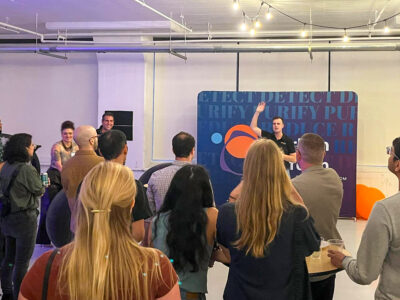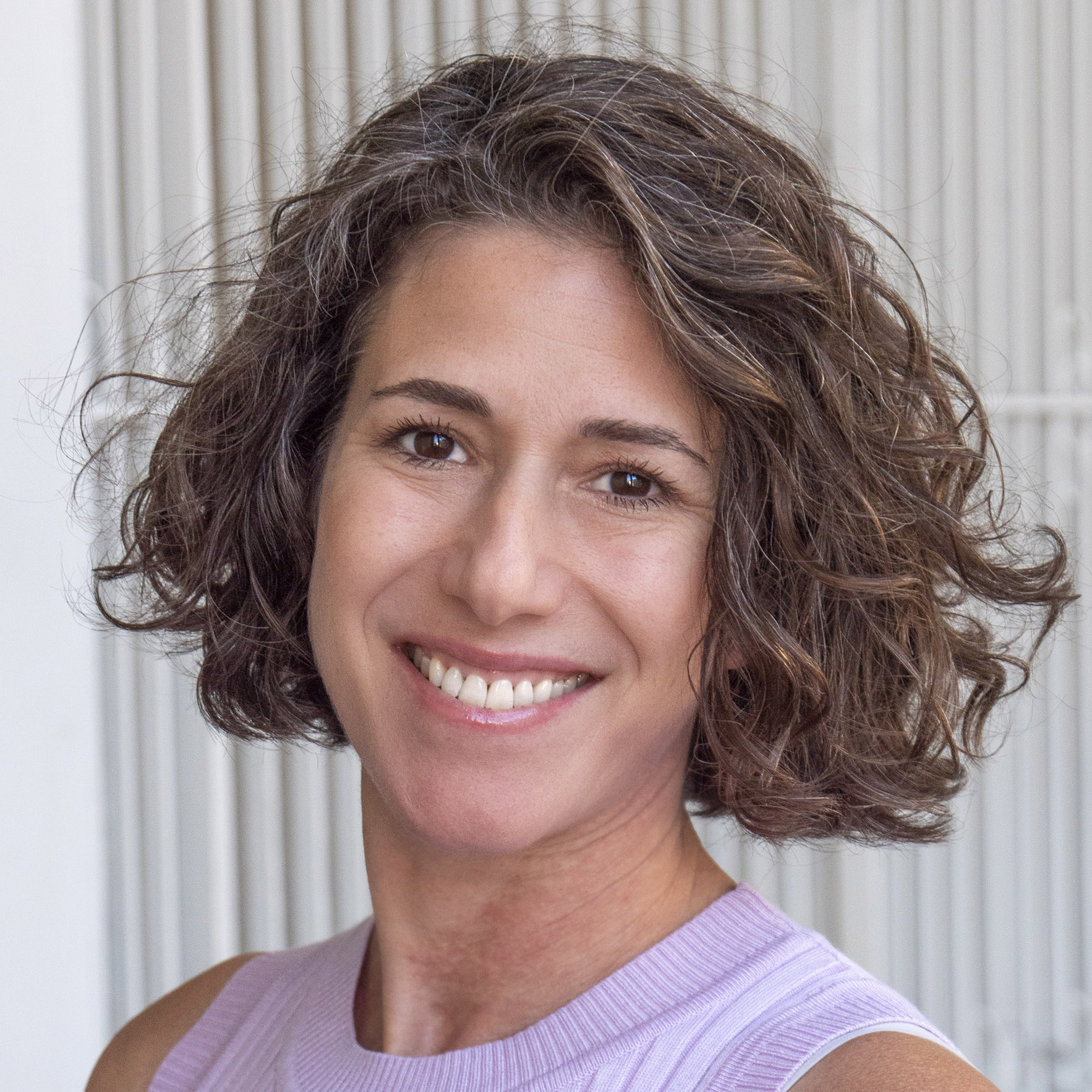During the month of April, you can help out local scientists just by taking pictures of clouds or looking at constellations.
April is Citizen Science Month. Founded in 2016 as a single day dedicated to recognizing everyday acts of science, like monitoring air quality or sharing photos of nature, the event grew to a global monthlong commemoration.
This year it comes with a new campaign that aims to get even more people involved.
It’s called One Million Acts of Science, and is “a collective initiative to inspire and celebrate the actions of volunteers in accelerating scientific research,” said Darlene Cavalier, founder of SciStarter, the citizen science nonprofit that spearheaded the month and the campaign.
Its goal is to increase awareness of opportunities for citizen science and help local researchers find volunteers to move their projects forward, Cavalier said. “Each project helps answer questions scientists cannot answer without our help.”
A former Sixers dancer and Temple and Penn alum, Cavalier in 2008 started the nonprofit group Science Cheerleaders and two years later launched SciStarter.
She’s now a professor at Arizona State University, which is a partner in the One Million Acts of Science project, along with various national research and library institutions. Cavalier has been focusing on regional partnerships for programming, and in Philly has tapped the Academy of Natural Sciences of Drexel University to organize ways for locals to participate.
“We are partnering with them to pilot a regional, collaborative series of programs and celebrations throughout the month,” Cavalier said, “to map existing citizen science programs here in the area.”
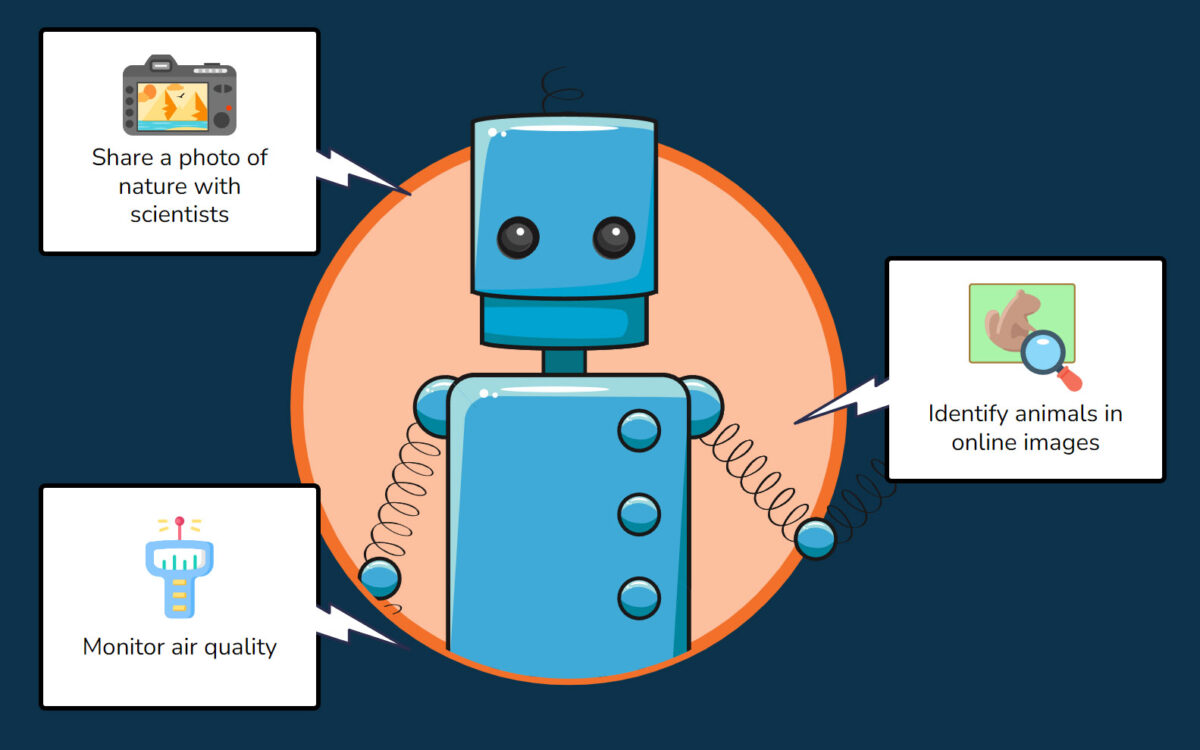
The hope with “One Million Acts of Science” is that lots of little efforts will combine to have a large impact (Screenshot SciStarter)
Many of the projects can be done independently, online or outside, requiring only a cell phone or computer. Most take less than 30 minutes.
Once an “act of science” is completed, participants can report it to SciStarter using an online form and post on social media using the hashtag #OneMillionActsofScience.
Examples of local programming include an event hosted by the Free Library of Philadelphia on April 17 to help people learn how to use free apps to document biodiversity, monitor their local environments and join a research program designed to improve health for under-represented biomedical research populations.
The Philadelphia Zoo is organizing programming to guide visitors on how to document changes in animal behavior at the zoo before, during and after the April 8 solar eclipse.
The Academy of Natural Sciences is organizing a “City Nature Challenge” throughout Philly during the weekend of April 26, where people can participate by using a free app that documents biodiversity.
The Overbrook Environmental Education team will host a community night on April 20 to teach about measuring air quality and data from air sensors.
Check the full calendar of Philly events so you can make plans to commit your act of science.
Sarah Huffman is a 2022-2024 corps member for Report for America, an initiative of The Groundtruth Project that pairs young journalists with local newsrooms. This position is supported by the Lenfest Institute for Journalism.Before you go...
Please consider supporting Technical.ly to keep our independent journalism strong. Unlike most business-focused media outlets, we don’t have a paywall. Instead, we count on your personal and organizational support.
3 ways to support our work:- Contribute to the Journalism Fund. Charitable giving ensures our information remains free and accessible for residents to discover workforce programs and entrepreneurship pathways. This includes philanthropic grants and individual tax-deductible donations from readers like you.
- Use our Preferred Partners. Our directory of vetted providers offers high-quality recommendations for services our readers need, and each referral supports our journalism.
- Use our services. If you need entrepreneurs and tech leaders to buy your services, are seeking technologists to hire or want more professionals to know about your ecosystem, Technical.ly has the biggest and most engaged audience in the mid-Atlantic. We help companies tell their stories and answer big questions to meet and serve our community.
Join our growing Slack community
Join 5,000 tech professionals and entrepreneurs in our community Slack today!
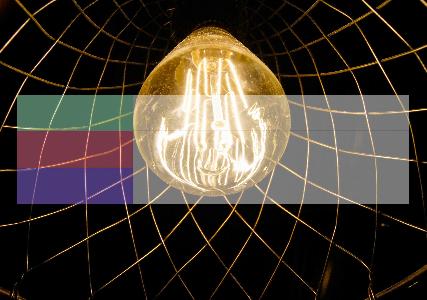
A new model for thinking about how to grow regional economies: the Innovation Ecosystem Stack
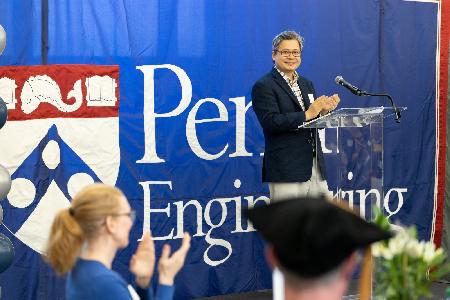
Penn dean is a startup founder and ‘engineer at heart’ who loves the connection between education and business

20 tech community events in October you won’t want to miss
